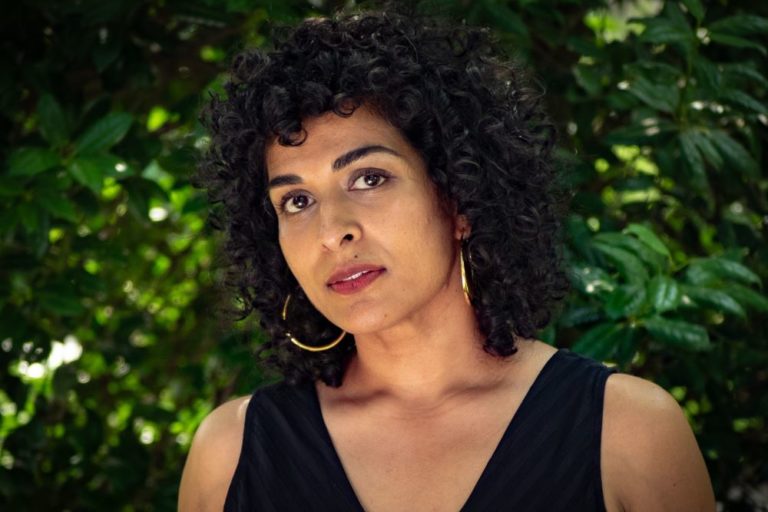
A study away program took 14 Michigan State University students, 13 of whom were from the College of Arts & Letters, to Silicon Valley where they visited large tech companies, networked with alumni, and tested accessibility in both digital and physical spaces.
The goal of the week-long program, titled “Accessibility in the Tech Industry,” was to introduce students to what accessibility is and why it is important, to create opportunities to forge networks and develop possible career paths, to connect them with alumni and friends of the College, and to get a sense of the place and culture of Silicon Valley.
“My time in California really helped me to grasp how important designing accessible technology is,” said Justin Alexander, a junior Experience Architecture major who participated in the trip. “In addition, it helped me to grow and create friendships with all the other students, faculty, and industry partners as well.”
Accessibility continues to be an area of focus for research and discussion among the tech industry, the College of Arts & Letters, and the Experience Architecture program.

“This experience has helped me to understand accessibility and appreciate its role in design,” said Ryan Lewis, Experience Architecture major. “I always thought that I had designed things for everyone, but it is a lot easier said than done, especially when you don’t know, and maybe cannot know everything that can be done with people who have different ability levels than you. That is why research is really important to the work that designers do and will continue to be a motivator for building better products and solutions.”
The study away program was organized and led by Kate Sonka, Assistant Director of Academic Technology for the College of Arts & Letters. Phil Deaton, MSU’s Digital Accessibility Coordinator and instructor, also helped lead the group.
“Individuals who identify as disabled or as a person with a disability are oftentimes left out of conversations on identity, access, and opportunity in a variety of spaces,” Deaton said. “Kate Sonka designed and put together the Study Away to further MSU’s digital accessibility education initiatives and to help connect industry and academia in our common mission to develop accessible experiences for persons with disabilities.”
My time in California really helped me to grasp how important designing accessible technology is.
JUSTIN ALEXANDER, XA MAJOR
The students received behind-the-scenes tours at Google, Facebook, Adobe, and Oath. They also were given the opportunity to pitch project ideas, discuss career trajectories, and have their portfolio/resume reviewed while visiting these companies.
“The company visit that I found most valuable was definitely Google,” said Ryan Lewis, Experience Architecture major. “Working at Google is my dream job, and I was able to both learn about what Google does and connect with people who do the work.”
During the trip, students also attended a networking event where they connected with fellow Spartans who work in Silicon Valley, some of whom specialize in accessibility.

“All of the students on our trip were great. I was impressed with how professionally they conducted themselves, and the authenticity of the networking they were doing,” Deaton said. “I think that some of the students came away seeing themselves as future accessibility professionals. These past five years MSU has really developed so much in the accessibility space, and it is great to see students envisioning a future doing this important work.”
The study away program was sponsored in large part by Teach Access, and additional support was provided by Intuit, Microsoft, and Partnership on Employment and Accessible Technology (PEAT). Partner institutions included California State University, Northridge (CSUN); Olin College of Engineering; Stanford University; and the University of Colorado, Boulder: Coleman Institute for Cognitive Disabilities.


